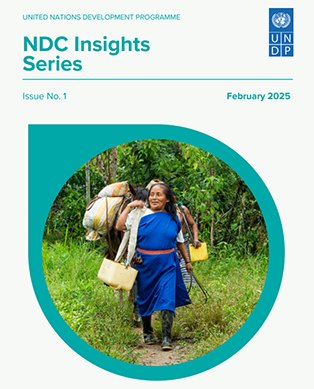NDC Insights Series

This Insight Series, released monthly by UNDP, shares timely analysis, critical insights and explores the latest thematic trends we are seeing in the 2025 submission cycle.

September and October 2025, Issue 7
This issue dives into the latest trends on submitted NDCs related to both ambition and quality. It also captures insights on policy coherence, specifically how NDCs are aligned with development plans and other policy instruments, namely across the Rio Conventions. Finally, this issue spotlights just transition as an emerging trend articulated in countries’ new NDCs.
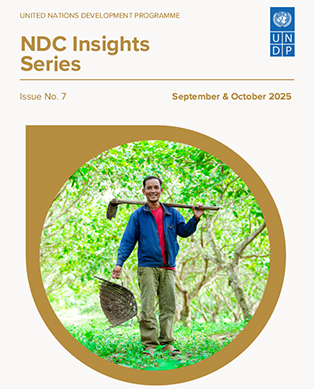
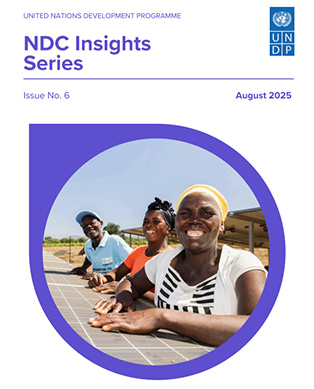
August 2025, Issue 6
This issue explores how countries are integrating Gender Equality and Social Inclusion (GESI) in their latest NDCs – including a spotlight on Cambodia's NDC. It also examines the issue of loss and damage and explores recent submission trends.
July 2025, Issue 5
This issue explores how countries are aligning their climate targets and measures committed in new NDCs with their broader growth and development agendas, including the Sustainable Development Goals (SDGs). It also examines the critical nexus between climate and health, highlights the importance of including circular economy in NDCs, and spotlights Somalia's new NDC.
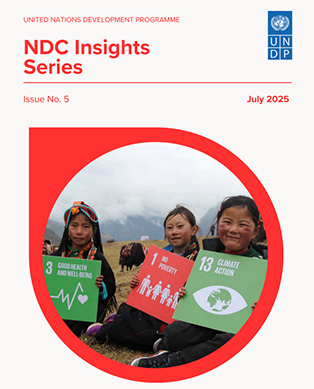
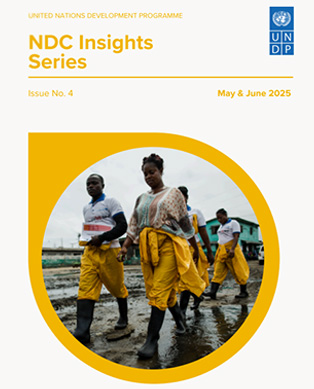
May and June 2025, Issue 4
This issue explores how countries are boosting the implementability and investability of their new NDCs including leveraging carbon market opportunities and aligning with sustainable development financing processes. It also spotlights Nepal's new NDC as the first full submission from a least developed country (LDC).
April 2025, Issue 3
This issue focuses on energy as a central pillar in NDCs, highlighting progress and gaps on implementation and identifying opportunities for increased ambition and accelerated action. It also spotlights Montenegro and its new NDC.
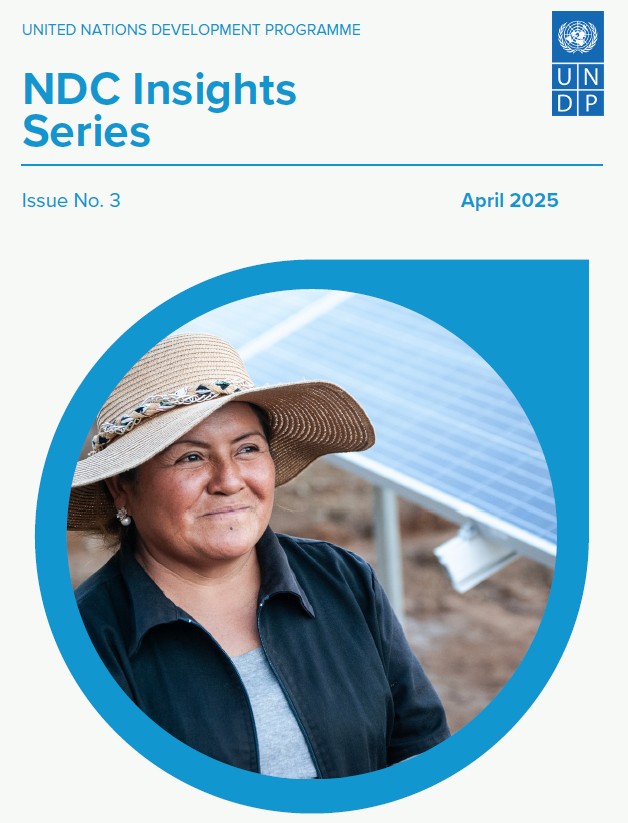
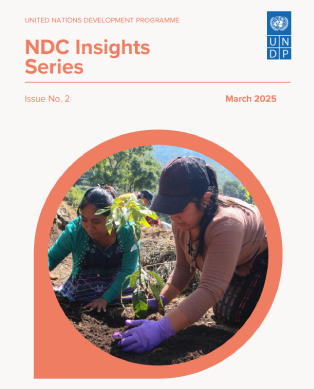
March 2025, Issue 2
This issue focuses on adaptation and the critical alignment between NAPs and NDCs, spotlighting Cuba, a Caribbean Small Island Developing State.
February 2025, Issue 1
This issue focuses on the critical nexus between climate and nature, featuring spotlights on new NDCs from Ecuador and Uruguay.
